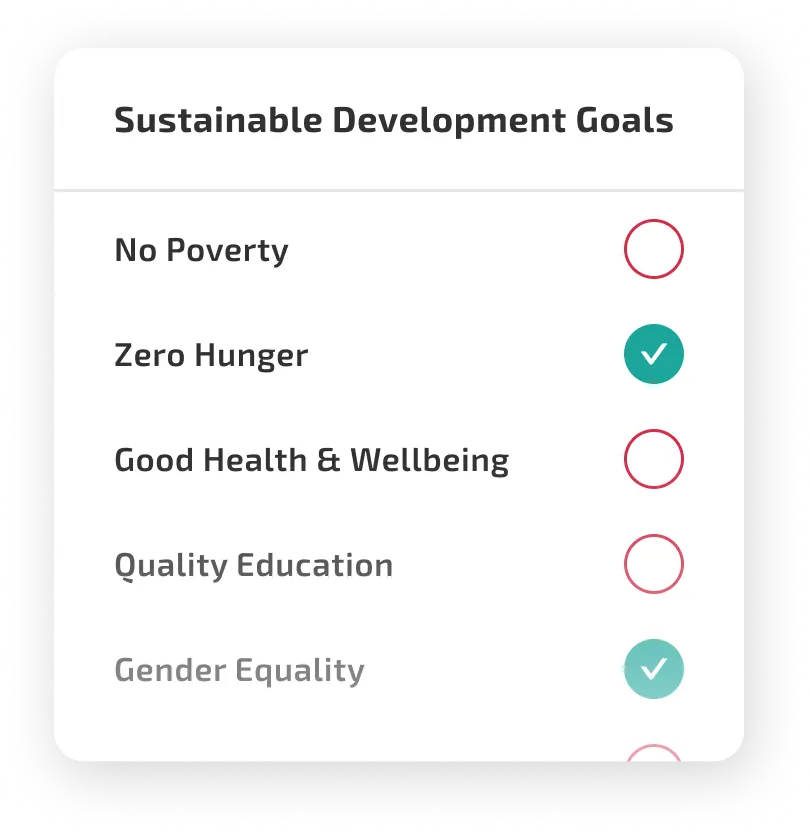QUICK TIP: You don't have to sign-up to see if there are any projects around you. Simply download the app and skip the sign-up process. You'll only need to sign-up when you're ready to volunteer.
We empower people to take action in their local communities in Georgia in real-time.
IVolunteerNow makes volunteering easy, fun, and equitable. Through our app, you can connect to volunteer projects in your area. You can easily sign-up and volunteer for causes you care about, whenever you’re free. Find opportunities in real-time and support nonprofit organizations and communities to expand your impact.
What We Offer

Location-based Volunteer Feed
The IVolunteerNow mobile app includes a volunteer feed which shows you volunteer projects taking place around your live location. The volunteer feed provides a quick snapshot of all the projects so you can easily sign-up for to support your community.

Host a Project of Your Own
Individuals and nonprofits can publish projects to the app. Simply go to Host A Project on our website. Once your project is approved, it will be published on the app so that you can be connected to volunteers in your area.

Invite Friends and Volunteer Together
Share projects through Facebook, Twitter, Whatsapp, iMessage, and a variety of platforms to invite your friends and loved ones to participate together.

Select your favorite Sustainable Development Goals
Filter projects using the 17 Sustainable Development Goals. From eradicating poverty, promoting quality education, reducing inequalities, to peace and justice, you’re in-charge of selecting the causes you support.

Read Impactful Stories of change and impact In the App
Stories of advocacy, action, and volunteer impact from around the world will be available for you to read every day so you can see how people like you are giving back and creating meaningful impact.

Filter, Search and Find Your Perfect Cause
A variety of filters and a search bar the app allows you to find projects prioritized through distance, city, and cause areas.
Frequently Asked Questions
Yes! We are democratizing volunteerism. You don’t have to join an organization, pay membership fees, attend weekly meetings, or do anything else. IVolunteerNow is completely free. You can view and sign-up for volunteer projects in your local community in real-time.
Registered organizations (nonprofits, NGOs, businesses) can submit a project on our website (www.ivint.org/post-project). After you submit a project, it will be reviewed for approval. If approved, the project will be posted to the app for users to register. You will be able to include links to waivers, event details, sign-up deadlines, and more information. You will receive the information of the volunteers who have registered to your project on the sign-up deadline date.
We are currently developing IVolunteerGo, which will be the enterprise software where nonprofits and community organizations will be able to create an account, post projects, track analytics, and use much more features. Right now, the portal is being developed and your organization can post a project to the app on our website (www.ivint.org/post-project).
After you register for a project, your details will be shared with the project host (host organization). Unless specifically informed by the organization’s representative, we expect you to participate in the volunteer project.
If you registered to participate in a volunteer project on the app and cannot go, you can simply deregister from the event within the app before the sign-up deadline. When you sign up to volunteer, the organization will expect you to attend, so please plan to attend accordingly.
You can submit a ticket to us within the app on your profile page. If you are unable to do that, get in touch with us via email at [email protected] and our team will help you out.
While we don’t organize volunteer projects ourselves, we take the security, safety, equity, treatment, and experience of all volunteers very seriously. If you have a complaint about an organization or an event, please write to us at [email protected]. If local laws have been violated and you need immediate assistance, please contact local law enforcement or emergency response authorities.














